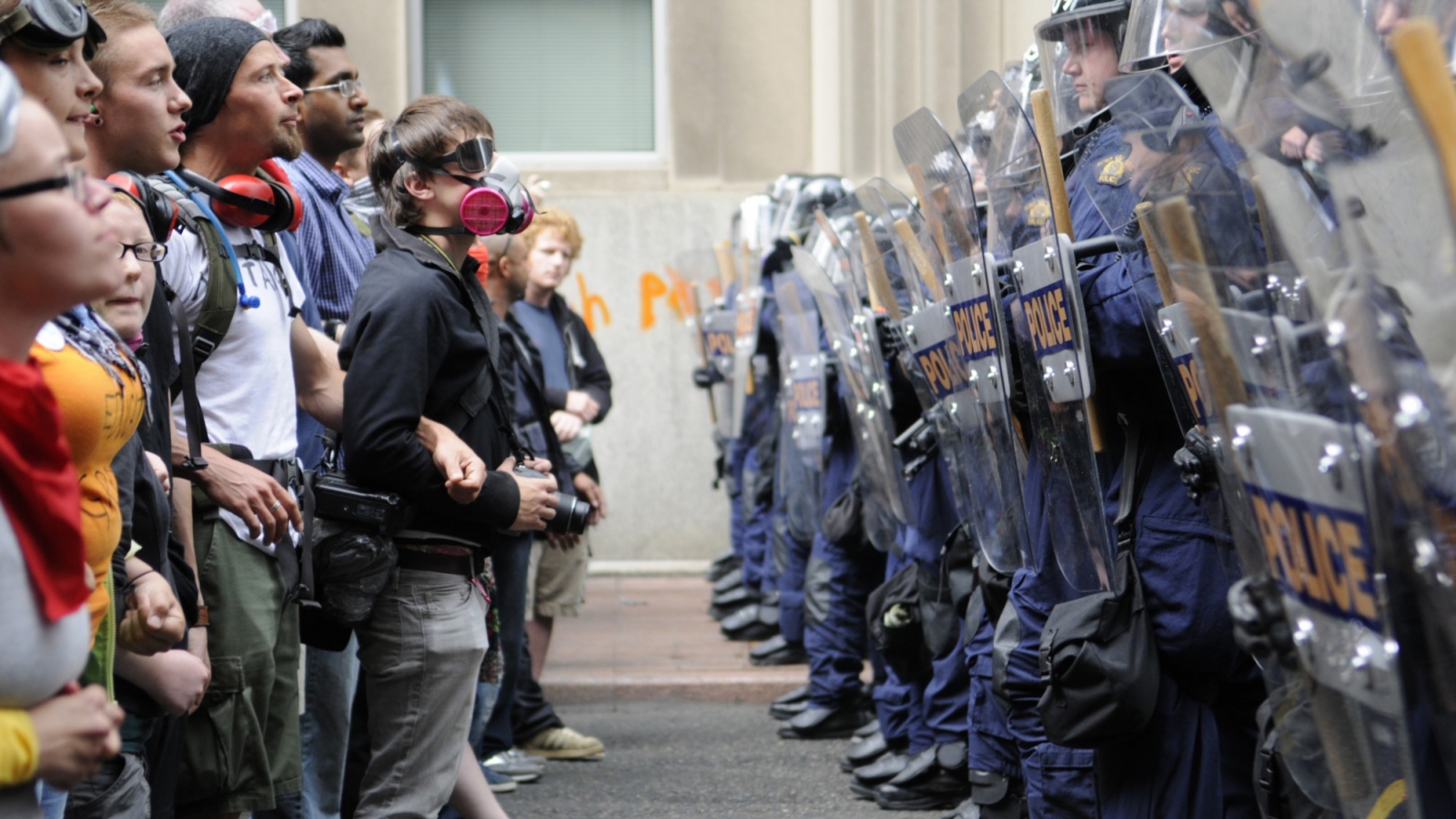Closing of Civic Space
Civic Space
Civic spaces are the spaces where people come together to share their views and create a better world. These are the places where we learn, develop ideas, communicate and take action, and can form connections with the people around us, united by a common purpose. Civic spaces can exist wherever we meet to share information, organise movements and plan the future -- both online and offline. A few examples of civic spaces include charities and voluntary organisations, learning spaces, theatre and art groups, gatherings for activism and religious study groups.
When governments treat civic space as a 'security' threat and monitor it unnecessarily or try to shut it down, they endanger our human rights. Surveillance technologies, excessive limits on free expression, and discriminatory laws and policies are just some of the methods used to close down civic spaces – and those crackdowns threaten everyone’s freedoms.
Rights & Security International defends civic space as an essential element of democracy and a guardian of human rights, and we hold governments to account when they try to shut down groups and movements improperly in the name of national security. We collaborate with our international partners to make sure civic space for everyone remains robust and protected.
Examples of RSI’s recent work on civic space
· We’re establishing the Rise Coalition to help human rights groups across the globe that work on counterterrorism and security issues connect, share knowledge and plan actions together.
· We’re offering a series of free live webinars on basic digital security and human rights to civil society groups worldwide.
· We help civil society groups have an impact at the United Nations by encouraging the UN to give these groups a seat at the table – and listen to them – when making decisions about national security and human rights.
· In 2020, we launched the ‘Covid-19 Toolkit for Civil Society Partners: Emergency Powers and Crisis Responses’ in collaboration with our international partners. The toolkit is available in multiple languages.
· In the UK, we’re documenting the impact of the flawed ‘Prevent’ counter-extremism programme on civil society. We’ve also published ground-breaking research on the impact of Prevent in schools.
For more information on our work around civic space, feel free to explore our closing civic space tags in our 'Impact' section.

